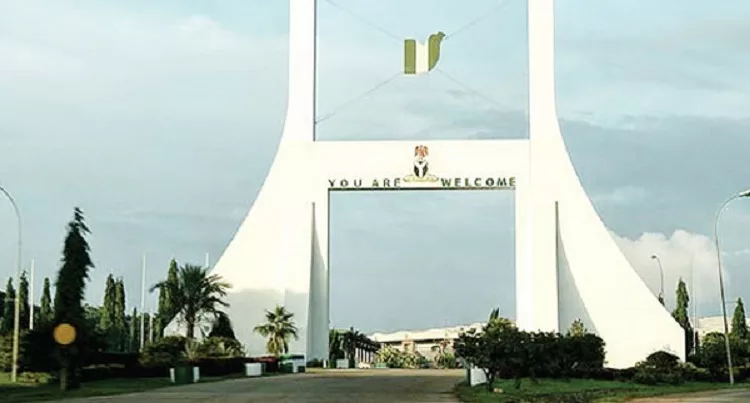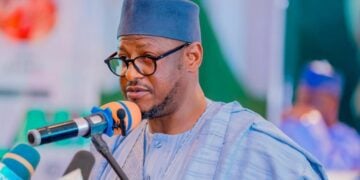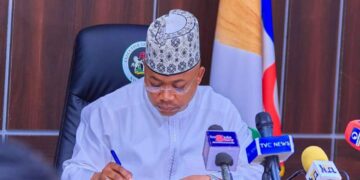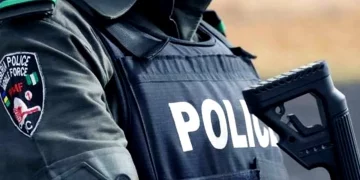A media concern has unveiled a comprehensive strategy to echo the voices of Abuja’s original inhabitants in the bid to draw the attention of stakeholders to the plight of the people known to have been the first to settle in the Federal Capital Territory in the pre-colonial era.
In a statement in Lagos, the Network of Journalists on Indigenous Issues (NEJII) said the 15-month campaign aims to build journalists’ capacity to effectively focus on the plight of Abuja’s first nation and develop a mechanism that would create a paradigm shift in the perspectives of state and non-state actors on Indigenous issues.
This landmark initiative seeks to promote greater awareness, visibility, and inclusion of the indigenous communities of Nigeria’s Federal Capital Territory (FCT), who have long faced systemic marginalisation and displacement.
Through media empowerment, policy engagement, and civic dialogue, NEJII will work with the media to bring the Original Inhabitants of Abuja to the centre of public discourse and national development priorities. They have suffered in silence and their voices in the valleys have not echoed enough to be heard,’ the statement signed by NEIJI’s National Coordinator, Adewale Adeoye and the Programme Officer, Mr Ologeh Joseph Chibu, stated.
The MacArthur Foundation, through the Resource Centre for Human Rights and Civic Education (CHRICED), supports the project.
The NEIJI said Nigeria is a signatory to various regional and international treaties and conventions that uphold the rights of indigenous people, including but not limited to the International Labour Organisation (ILO) Convention 169, which in part mandates state parties to address the cultural, social and economic marginalisation of indigenous peoples.
Abuja’s original inhabitants, mainly Gbwari, Gwandara, Dibo, Gade, Ebira, Ganagana, Koro, Nupe, and others, have long been exposed to a variety of rights violations, including lack of access to the essentials of life, denial of ancestral land, deforestation, terrorist invasion, and economic and political marginalisation.
The group said constructive media engagement is necessary to tell the stories of Abuja’s indigenous people within historical contexts that address their fears and aspirations.
We’ve got the edge. Get real-time reports, breaking scoops, and exclusive angles delivered straight to your phone. Don’t settle for stale news. Join LEADERSHIP NEWS on WhatsApp for 24/7 updates →
Join Our WhatsApp Channel









